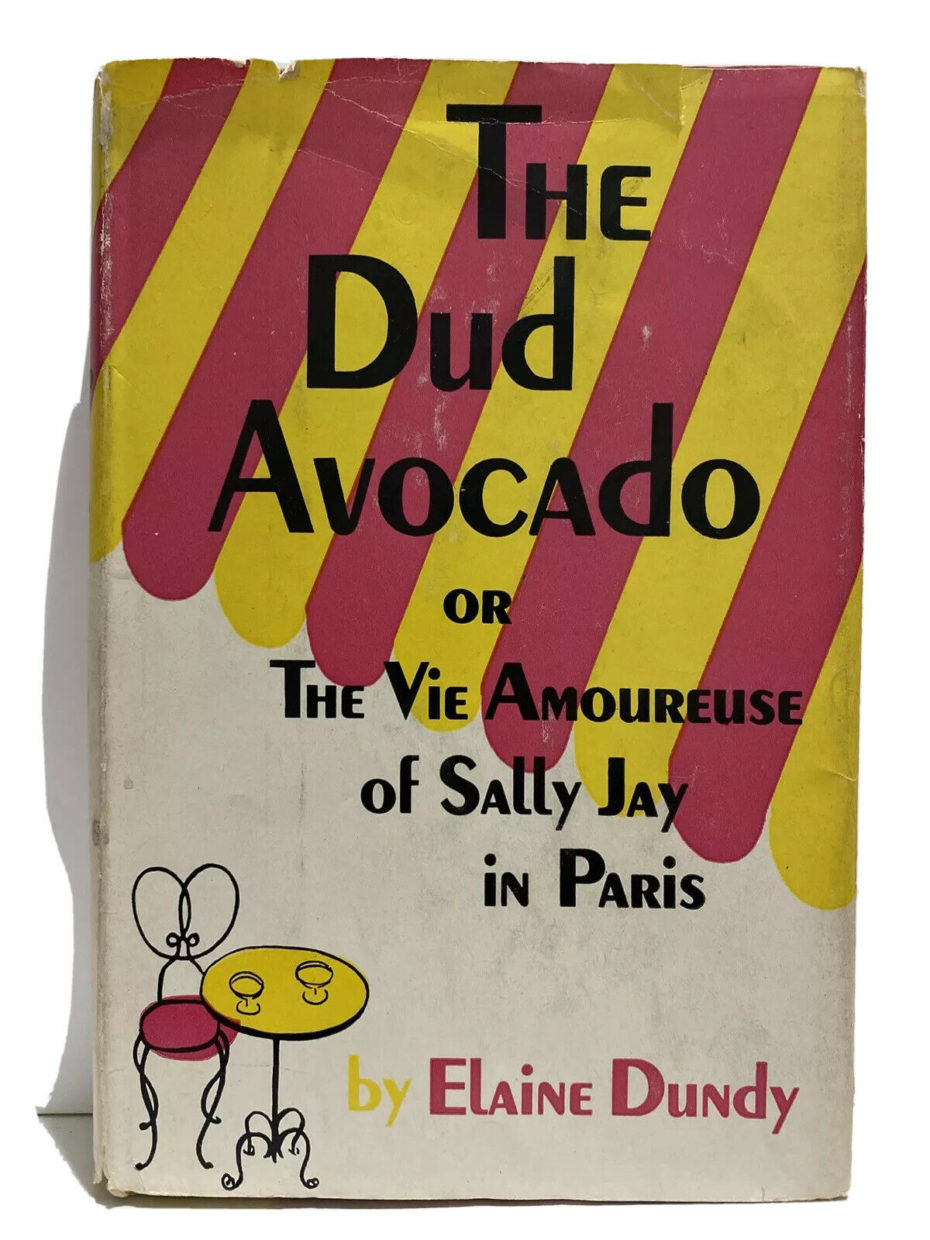
Throughout the latter half of the twentieth century and well into the beginning of the next, it’s easy to track our fascination with young women attempting to figure out life – they are witty, tenacious, and often keenly perceptive of the world in which they exist and their place within it. Their names have become household, pop-culture gospel: Holly, Carrie, and now (for better or worse) Emily. But there is one name on that list that often fails to come up: Sally Jay Gorce.
Now, let’s go back for a moment. In November of 1958, Esquire magazine began serialising a novella that told the story of a young woman living in New York. She was a bit of a party girl, and she was looking for a rich man to make all her dreams come true. What those dreams were, exactly, no-one was really sure. Its author, Truman Capote, had originally sent the story to Harper’s Bazaar, who later backed out on the basis that it was just a bit too risque. As well as being serialised in Esquire, the novella was published in full by Random House. It was called Breakfast at Tiffany’s. By 1961, it had been adapted for the screen into what would become one of the all time greats, Audrey Hepburn stepping into the OG little black dress in a performance that would both irk (one person, Capote, who wanted Marilyn Monroe) and bewitch (everyone else, who, as the saying goes, either wanted to be her or be with her.)
But also in 1958, some nine months before Breakfast at Tiffany’s was published, there was another novel making the rounds, already on its way to becoming a cult favourite. In January of that year, the writer Elaine Dundy – previously an actress in Paris and London, now married to the theatre critic Kenneth Tynan and a new mother – had released her first novel into the world. She called it, rather coyly, The Dud Avocado.
Elaine Dundy based the novel on her own exploits when she lived in Paris for a year before heading to London to act. “All the outrageous things my heroine does, “ Dundy has stated in interviews, “like wearing an evening dress in the middle of the day, are autobiographical. All the sensible things she does are not.” Groucho Marx, who loved the book, sent her a note: “If this was actually your life, I don’t see how the hell you ever got through it.”
Dundy’s method of using her own life as a springboard is similar to that of another woman several decades later, who in November of 1994 began writing a column for the New York Observer detailing the exploits of her and friends as young women making a life – “Well, but living you know…” – in the Big Apple. She called the column Sex and the City.

No comments:
Post a Comment